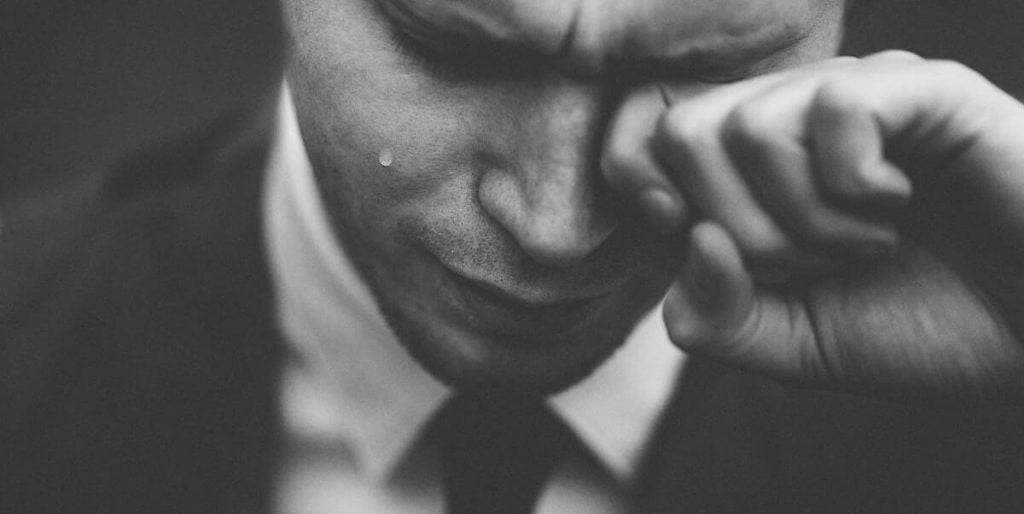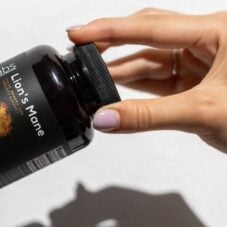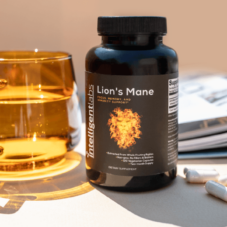Nootropics
Nootropics for Depression: Do They Help?
Depression is a mental illness that can strike anyone at any time. It doesn’t discriminate – man or woman, child or adult, rich or poor – everyone’s fair game. Once it hits, you’re down for the ride. In this article, we’ll share pointers on how to recognize the different signs of clinical depression. Also, find out whether taking nootropics for depression is a good idea.
Table of Contents
Why depression is not the same as being sad
We’re all bound to feel sad and blue every now and then. It’s just a part of life. But depression, a.k.a. clinical depression or major depressive disorder, is so much more than ordinary sadness. Think of it as grief, misery, heartache, torment, anguish, and distress all rolled into one overwhelming cloud of negativity. Only that cloud won’t dissipate in a couple of hours. Instead, it will hang over you for weeks and even months at a time!
Depression can be extremely debilitating. It affects how a person thinks, feels, and behaves. It can interfere with daily functions to the point that a depressed person will stop taking care of him or herself. Unfortunately for some, depression ends on a sad note, suicide.
Depression shouldn’t be taken lightly and should never be glorified. If you or anyone you know is depressed, consider it an emergency and seek immediate help from a trained mental health professional. Waiting it out doesn’t usually work. In fact, it can get much worse as time goes by!
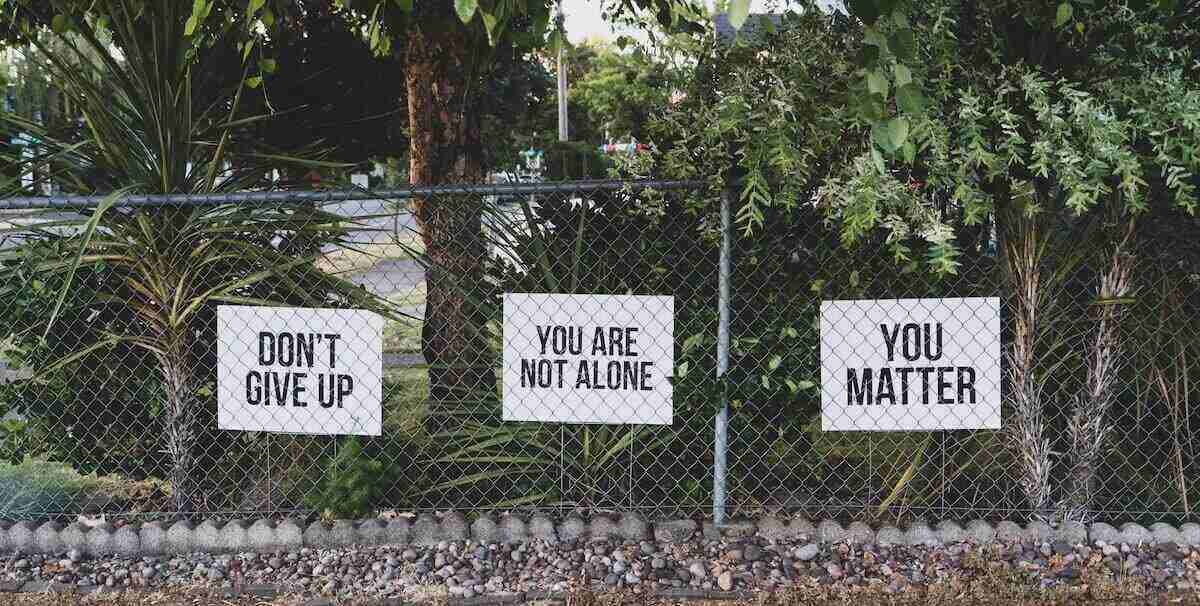
What are the signs of depression?
Symptoms of clinical depression vary from person to person and high-functioning individuals can hide their symptoms from the public eye. For instance, who even had an inkling that celebrities like Robin Williams and Anthony Bourdain were depressed?
A person who exhibits these symptoms for at least 2 weeks may be depressed (1):
- Feeling down and hopeless
- Loss of interest or pleasure in doing anything, even in activities normally enjoyed
- Poor appetite or overeating
- Insomnia or sleeping too much
- Feeling lethargic or having very little energy
- Excessive guilt due to a bad decision that can or may cause problems
- Trouble concentrating and staying focused
- Substance abuse to cope with negative emotions
- Thoughts of suicide to put an end to problems
These signs aren’t immediately obvious to the outside world. But an observant person may notice a few signs, such as:
- Unkempt appearance – they no longer care about their looks
- Dirty room/house – they no longer feel motivated to clean up
- Talking about suicide, or worse, actually making an attempt – this is obviously the biggest call for help (if they survive the attempt)
Not all depressed individuals will attempt suicide, but depression will lead to an increased risk of suicidal thoughts. In fact, around 15% of depressed individuals are at high risk of committing suicide (2).
Is it a good idea to take nootropics for depression?
The first line of defense against clinical depression usually includes antidepressants and psychotherapy. Since there isn’t a one-size-fits-all type of antidepressant, it’s important to speak to a trained professional so they can prescribe the right medication. As for psychotherapy, a.k.a. talk therapy, this can be done individually or by group.
For mild to moderate depression, taking natural nootropics alongside your prescription antidepressant and therapy may help. This is because some types of nootropics can help improve mood, mental drive, and motivation.
Get an introduction to the world of nootropics here: What Are Nootropics?
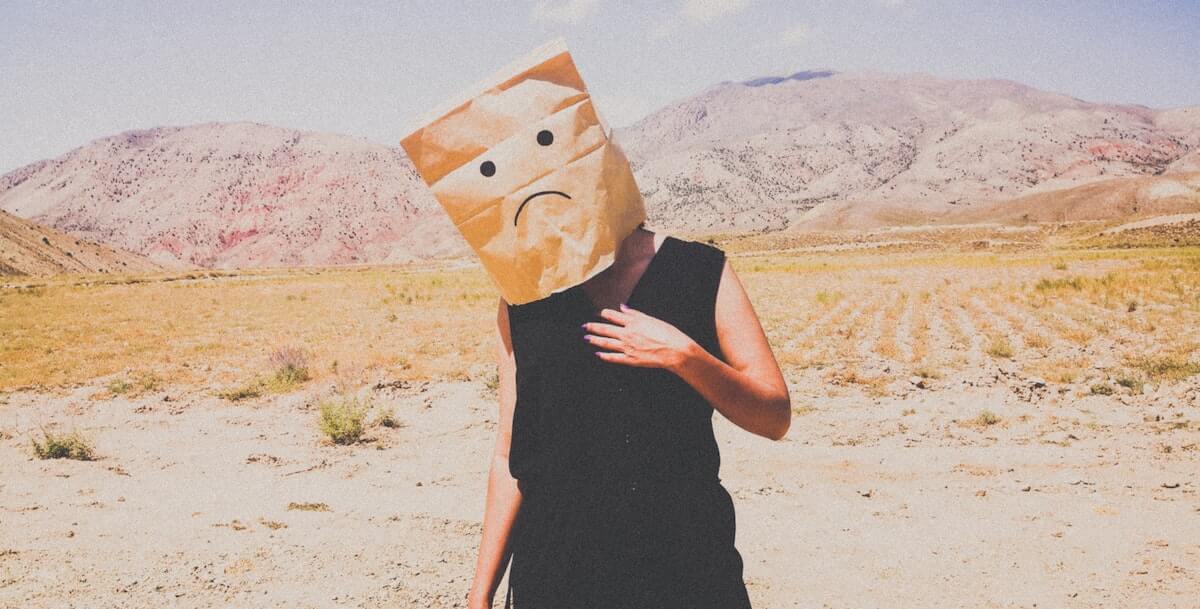
What are examples of natural nootropics that may help with depression?
People who suspect they may be suffering from undiagnosed depression, or those sensitive to prescription drugs, may benefit from these natural nootropics. It’s important to seek professional medical advice before taking any of these nootropics, especially if you are currently on an antidepressant. That said, in no particular order, here are some of the best natural nootropics for depression:
Coenzyme Q10
This powerful antioxidant may help fight off depression. A small study found that depressed individuals had lower levels of plasma CoQ10 than non-depressed people. The researchers suggested that depressed patients may benefit from supplementing with CoQ10 (3).
Bacopa monnieri
Oxidative stress, which results from too many free radicals in the body, is linked to major depression (4). The Bacopa monnieri herb contains bacosides which act as antioxidants. They may help protect the brain from oxidative stress (and alleviate depression in the process) (5).
Maritime pine bark extract
The bark of maritime pine or pinus pinaster contains proanthocyanidins, a type of flavonoid found in plants. Flavonoids are known for their antioxidant activity. A long-term study found that women (especially middle-aged and older) with higher flavonoid intake had a significantly lower risk of depression (6).
Ginkgo biloba
Ginkgo biloba extract may help treat depression. A study with 136 elderly subjects reported that taking Ginkgo biloba with an antidepressant may help improve depressive symptoms and cognitive function (7).
Lion’s mane mushroom
Recent studies show that lion’s mane mushroom may be a good option for treating depression (8). Another study also reported that this mushroom may help reduce depression and anxiety in menopausal women (9).
St John’s wort
Widely prescribed for depression and other mood disorders, this plant may be comparable to SSRIs (selective serotonin reuptake inhibitors) when it comes to efficacy and safety for treating mild to moderate depression (10). Taking St John’s worth with SSRIs and other antidepressants isn’t recommended as doing so may cause serotonin syndrome, a potentially life-threatening condition (11).
Magnesium
Magnesium is an essential dietary mineral, but deficiency is pretty common in Western countries. Low magnesium levels may lead to several health issues, including mood disorders.
One study reported that subjects who took magnesium for 6 weeks experienced an improvement in symptoms. But here’s even better news – subjects reported positive changes within 2 weeks (12).
If you’re looking for the best magnesium supplement, look no further than our triple magnesium complex, MagEnhance! It features Magnesium-L-Threonate, Magnesium Glycinate and Magnesium Taurate in their most absorbable forms.
Can you take nootropics while on antidepressants?
It depends on the nootropic and antidepressants. Some antidepressants, especially SSRIs, don’t play nicely with nootropics.
Some nootropics can raise serotonin levels which can then interact with the SSRI. Unfortunately, too much serotonin can lead to serotonin syndrome (13).
If you’re on antidepressants, it’s very important to speak with your doctor before taking any nootropic!
Thinking of taking nootropics for depression?
Nootropics aren’t meant to treat depression per se. But you may see benefits if used alongside traditional antidepressant treatment.
💬 Something on your mind? Share your thoughts in the comments. We love hearing from curious minds.
📩 And while you’re here, join our newsletter for more smart stuff (and secret perks)!
References
(1) APA Foundation Encourages Action with First Major Mental Health Public Awareness Initiative, from https://www.psychiatry.org/
(2) Understanding the Complex of Suicide in Depression: from Research to Clinics, Laura Orsolini, Roberto Latini… Psychiatry Investig . 2020 Mar;17(3):207-221.
(3) Lower plasma Coenzyme Q10 in depression: a marker for treatment resistance and chronic fatigue in depression and a risk factor to cardiovascular disorder in that illness, Michael Maes, Ivanka Mihaylova, Marta Kubera, Marc Uytterhoeven, Nicolas Vrydags, Eugene Bosmans, Neuro Endocrinol Lett . 2009;30(4):462-9.
(4) Oxidative stress and major depression, Ashutosh Bajpai, Akhilesh Kumar Verma, Mona Srivastava, Ragini Srivastava, J Clin Diagn Res . 2014 Dec;8(12):CC04-7.
(5) Bacopa monniera, a reputed nootropic plant: an overview, A Russo, F Borrelli, Phytomedicine . 2005 Apr;12(4):305-17.
(6) From: https://ajcn.nutrition.org/
(7) Role of Ginkgo biloba extract as an adjunctive treatment of elderly patients with depression and on the expression of serum S100B, Chun-Xiao Dai, Chang-Chun Hu, Yu-Shan Shang, Jian Xie, Medicine (Baltimore) . 2018 Sep;97(39):e12421.
(8) Reduction of depression and anxiety by 4 weeks Hericium erinaceus intake, Mayumi Nagano, Kuniyoshi Shimizu, Ryuichiro Kondo, Chickako Hayashi, Daigo Sato, Katsuyuki Kitagawa, Koichiro Ohnuki, Biomed Res . 2010 Aug;31(4):231-7.
(9) Therapeutic Potential of Hericium erinaceus for Depressive Disorder, Pit Shan Chong, Man-Lung Fung… Received: 30 October 2019 / Revised: 19 December 2019 / Accepted: 20 December 2019 / Published: 25 December 2019
(10) Depression: Can St. John’s wort products help? From: https://www.ncbi.nlm.nih.gov/books/NBK279279/
(11) St. John’s wort, by Mayo Clinic Staff
(12) Role of magnesium supplementation in the treatment of depression: A randomized clinical trial, Emily K Tarleton, Benjamin Littenberg, Charles D MacLean, Amanda G Kennedy, Christopher Daley, PLoS One . 2017 Jun 27;12(6):e0180067.
(13) Serotonin syndrome, Jacqueline Volpi-Abadie, Adam M Kaye, Alan David Kaye, Ochsner J . 2013 Winter;13(4):533-40.

